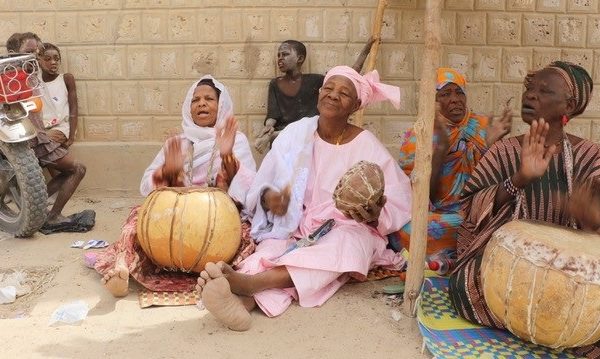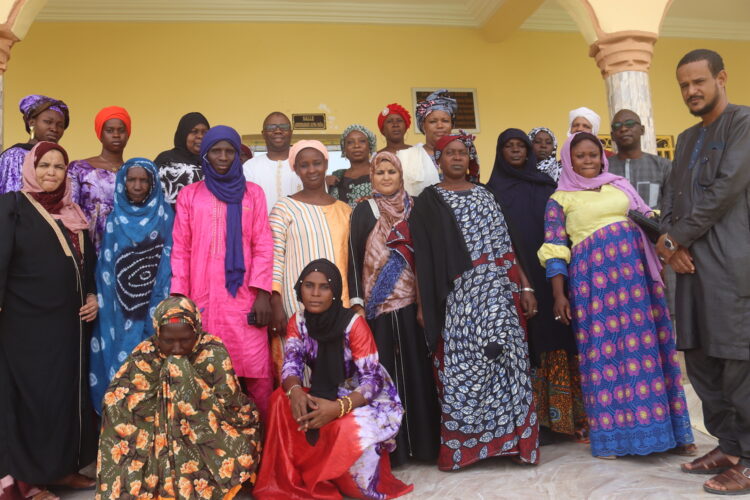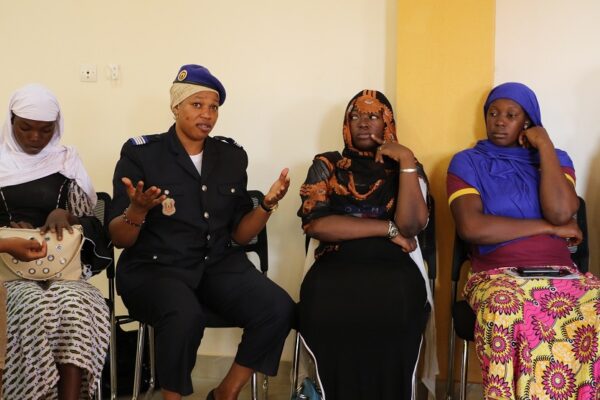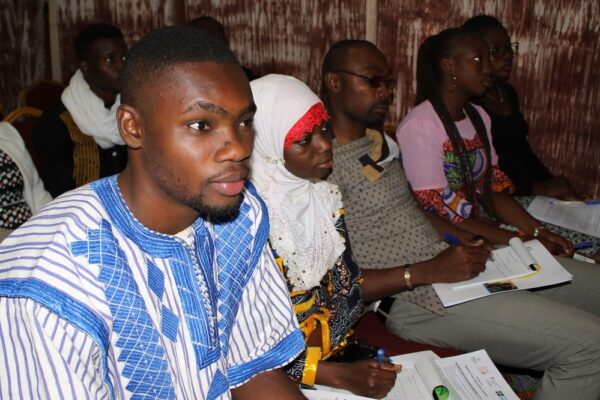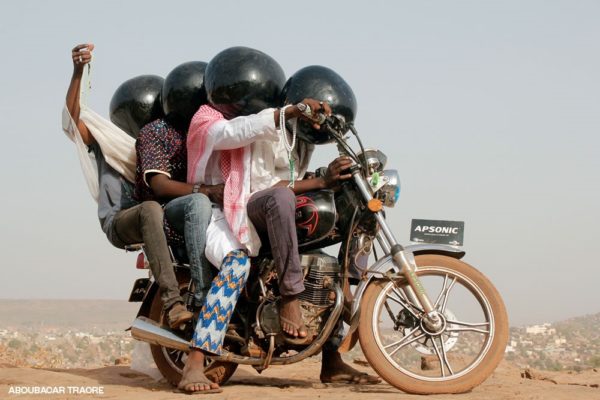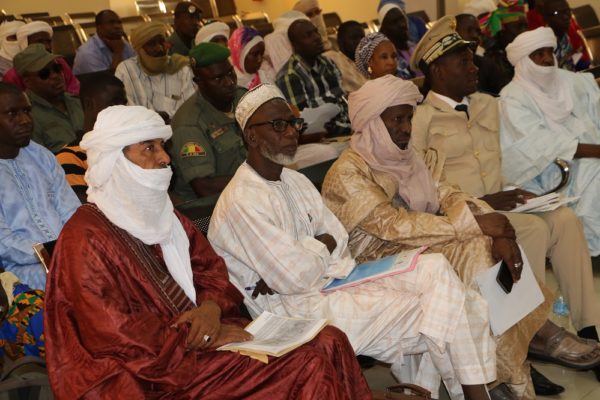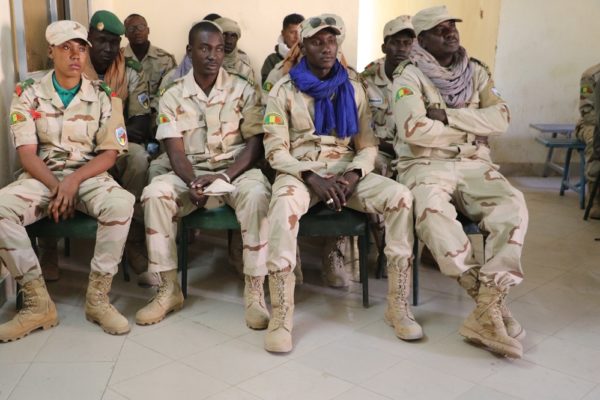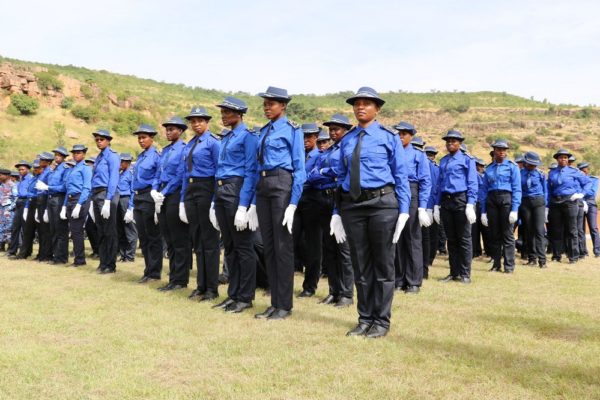Since the publication of the “Auto-portrait of Mali”, Interpeace and IMRAP have been leading processes as a means of enhancing and strengthening dialogue, reconciliation and social cohesion within communities, based on priorities set by Malians themselves.
Conscious of the limitations of the present system of peacebuilding in the country, Interpeace and IMRAP joined the Institute of Development Studies and Humanity United to develop a sustainable, long-term, multi-actor approach to peacebuilding owned by Malian communities from bottom to top. The process aims to promote and reinforce communities’ accountability and engagement to facilitate conflict prevention, management and resolution that are built upon local dynamics of resilience and locally-led and owned analyses. Communities will identify solutions – based on their resilience capacity – to the conflict and develop and implement appropriate actions known as “community initiatives”.
While engaging at the community level, Interpeace is, along with its partners, engaging key national and international peacebuilding actors to become part of this transformation of the peacebuilding system, ultimately seeking to obtain recognition of the potential of such an approach for better policy and programming worldwide.
